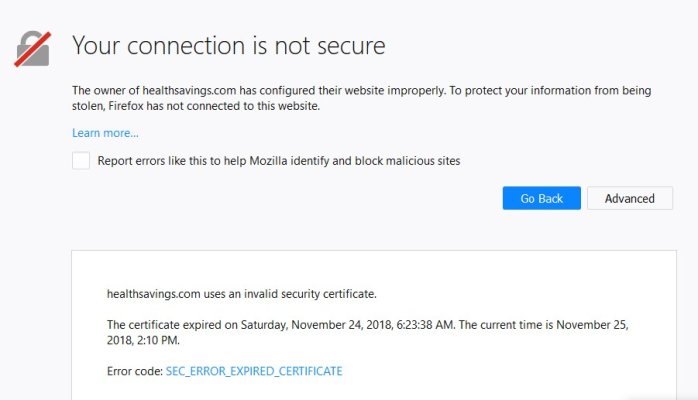This may be on here somewhere, but I haven't found it if is.
The backdrop is I am losing my retirement healthcare insurance effective 12/31 and have signed up for ACA coverage. The plan I signed up for is an HSA eligible plan. My question is what do I do with it, fund it immediately in January to the max or fund it every month to the max/12? Also since I've never been in a plan like this how do you go about getting money back for health care expenses? Do I fund it every month and then take money back out as I incur expenses?
I'm confused about how to use to my benefit and would appreciate some sage advice.
The backdrop is I am losing my retirement healthcare insurance effective 12/31 and have signed up for ACA coverage. The plan I signed up for is an HSA eligible plan. My question is what do I do with it, fund it immediately in January to the max or fund it every month to the max/12? Also since I've never been in a plan like this how do you go about getting money back for health care expenses? Do I fund it every month and then take money back out as I incur expenses?
I'm confused about how to use to my benefit and would appreciate some sage advice.


 .
.